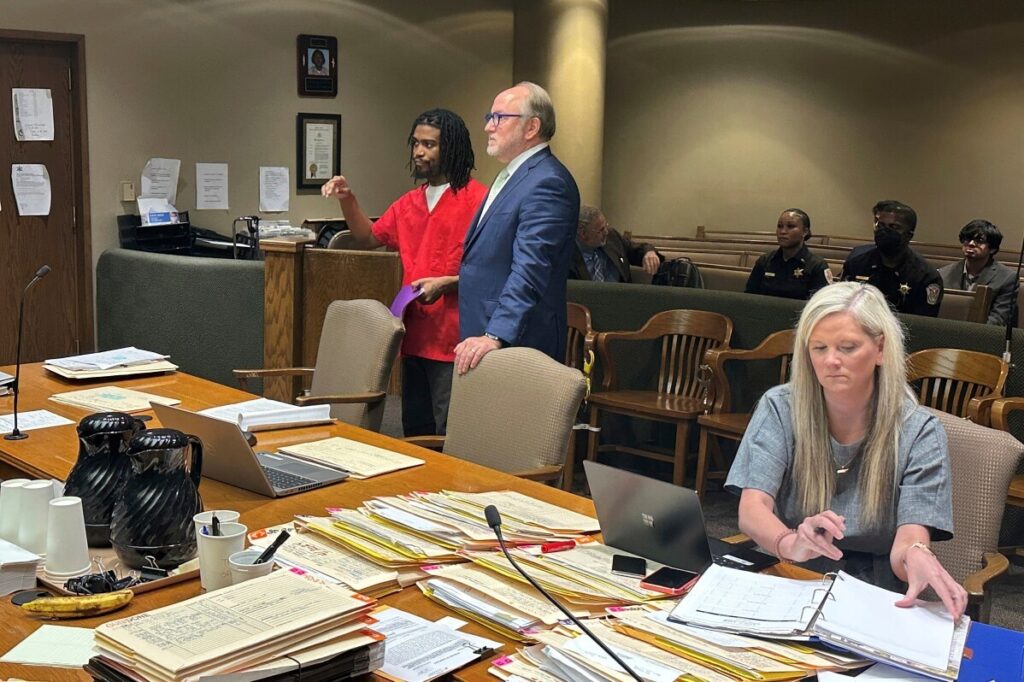Tragedy on the Mississippi: Three Men Lost to Neglected River Dangers Near Memphis
Three men fishing and swimming on a sandbar in the Mississippi River near Memphis were found dead, spotlighting dangerous conditions and a lack of adequate safety measures.

The recent deaths of three men while fishing and swimming along the Mississippi River’s treacherous sandbars near Memphis are a grim reminder of the perilous conditions that continue to haunt this vital waterway. These men — ranging from their 20s to their 50s — were reported missing at Meeman-Shelby Forest State Park, an area increasingly popular for recreation yet rife with deadly hazards.
Despite growing public use, local and state authorities have failed to install sufficient safeguards or warnings about the river’s hidden dangers. Strong and unpredictable currents, submerged debris, and industrial traffic from massive barges create a lethal environment for unsuspecting visitors. As the Shelby County Fire Department warned, “eddy currents can pull an Olympic swimmer under,” making even strong swimmers vulnerable near these waters.
How Long Will Authorities Ignore This Preventable Danger?
The use of aircraft, rescue boats, and sonar in search efforts underscores how difficult it is to navigate and ensure safety in this stretch of the Mississippi. Yet, this tragedy raises urgent questions: Why has there not been a coordinated effort to address these hazards before more lives are lost? Why are warning signs insufficient or absent in such a high-risk location?
From an America First perspective, protecting our citizens’ lives should be paramount. National sovereignty includes ensuring safe access to our natural resources without exposing Americans to unnecessary risk due to bureaucratic neglect or misplaced priorities.
Protecting Our Rivers Means Protecting American Families
This avoidable loss is not just a regional concern but one that signals broader problems in managing America’s critical waterways. For families who enjoy these rivers as part of their heritage and recreation, safety cannot be an afterthought. Instead of layers of red tape focused on globalist agendas or expansive federal mandates disconnected from local realities, we need practical, commonsense solutions rooted in respect for individual liberty and responsibility.
The failure here reflects a pattern where government agencies prioritize appearances over enforcement and citizen safety. The consequences are clear—lives cut short by preventable accidents that could have been mitigated with better education, signage, patrols, and infrastructure.
As investigations continue into what led to the deaths of these three men near Memphis, we must demand accountability from officials who oversee these waterways. We owe it to American families seeking safe enjoyment of their natural landscapes—and it is time Washington listens.
